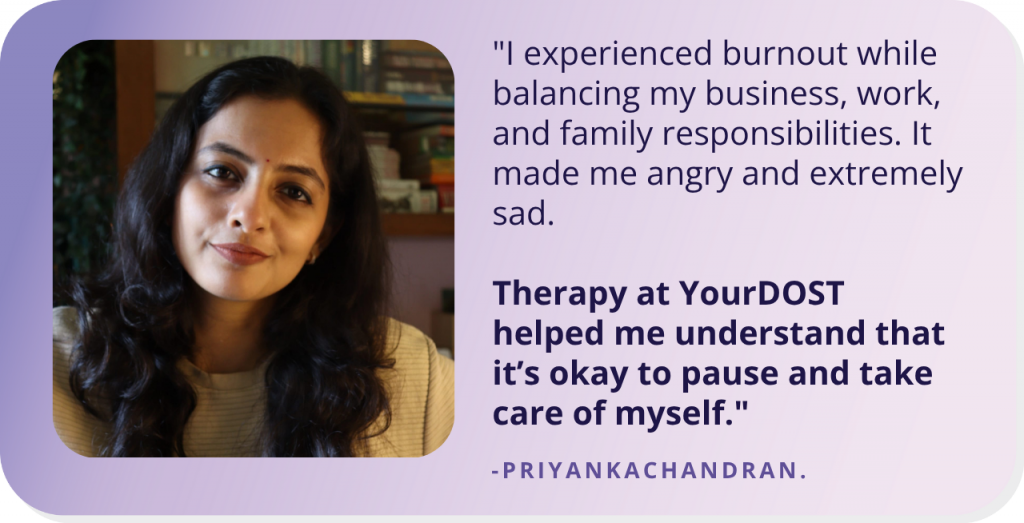5 Psychological Effects of a Heart Attack and What To Do
I felt a throbbing, shooting pain in the left side of my chest. It was just before lunch on a warm, Tuesday morning. I was at my desk at work, looking at the analytics page. Then I clutched my chest and fell out of my chair, on my knees. The pain was radiating all through my body now. It was like nothing I had experienced before. And then, it all went blank. Hours later I was told I had had my first heart attack. I couldn’t believe it! A heart attack? At 30? I recovered physically from my heart attack soon enough, but after that, I was an emotional wreck. I interpreted every sensation in my body as the onset of another heart attack! I lived in constant fear. That is when I realized, not just my heart, but my mind needs medical attention too. I approached a counsellor and spoke about my fears. My counsellor helped me come to terms with my heart attack and move on from the episode. I am still cautious about my health, but I am no longer obsessed with having another heart attack.
A heart attack generally occurs when blood flow to a part of the heart is restricted. Most times, it comes as a rude shock, leaving the patient anxious and depressed. In some cases, experiencing a heart attack could lead to post traumatic stress disorder (PTSD). Of course, how often the person experiences heart attacks, whether there were any warning signs or if was just out of the blue, the patient’s environment and the patient’s personality all contribute to the anxiety that is associated with a heart attack.
A heart attack typically leaves the patient:
- In shock. We tend to associate heart attacks with old age and death, so a heart attack any time before that can knock the wind out of you. Some patients have difficulty coming to terms with the fact that they really had a heart attack. It is only with time that the realization and acceptance sets in.
- Feeling helpless. Our modern, sedentary lifestyles leave very little time for exercise and taking care of our general health. So the question, ‘What should I do differently? And How?’ plagues victims of heart attacks. Helplessness also comes from the fact that victims are powerless to stop the attack, once it starts.
- Feeling guilty. The guilt is about causing grief and anxiety to near and dear ones. It also leaves the patient feeling shameful of being dependent on others and asking for help.
- With strained relationships. Relatives and friends are often confused about how to support and help the patient without coddling them and adding to their fear and anxiety.
- Scared and anxious. The most significant ‘after effect’ of a heart attack is the constant fear that it will happen again. The patient starts obsessing about heart attacks and misreads all body sensations to be something related to a heart attack. Generally, patients start avoiding anything that increases heart rate, even cardio exercise, which is actually good for the heart.
There are a few things that a survivor can do to break this cycle. He can:
- Talk to his cardiologist to explain how and why a heart attack takes place. De-mystifying it will help reduce the fear and anxiety about another attack.
- The patient must understand that worrying won’t make the chances of another attack go away.
- Have a healthy diet and exercise so there is peace of mind that everything in the control of the patient is being done to avoid another heart attack.
- Practice meditation and mindfulness to reduce anxiety
- Approach a counselling psychologist or a psychiatrist to talk about his concerns.






